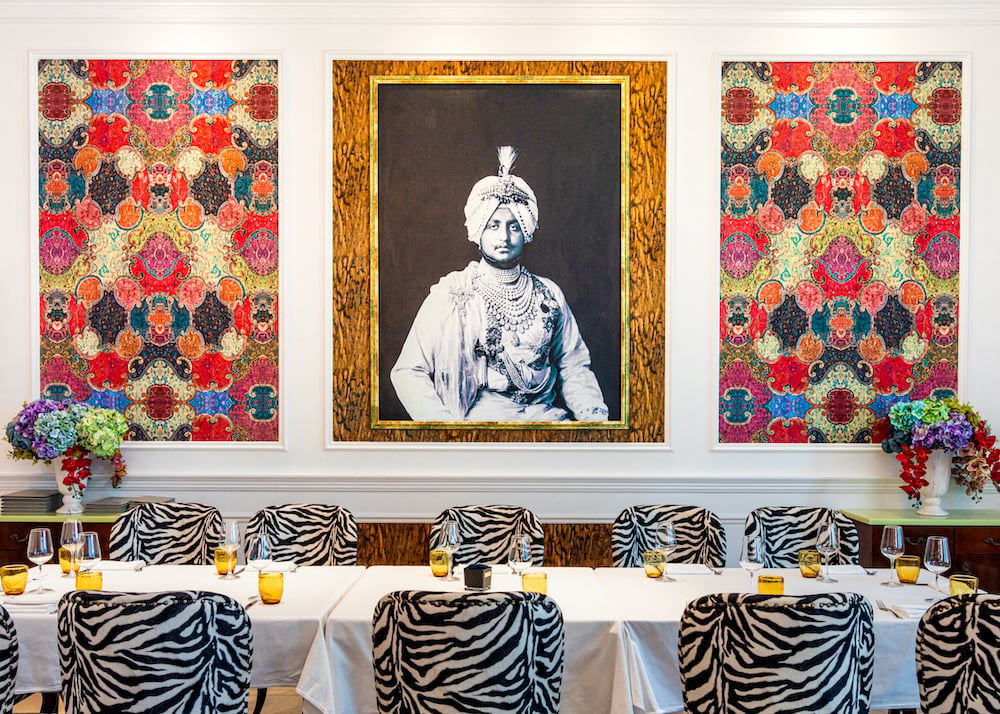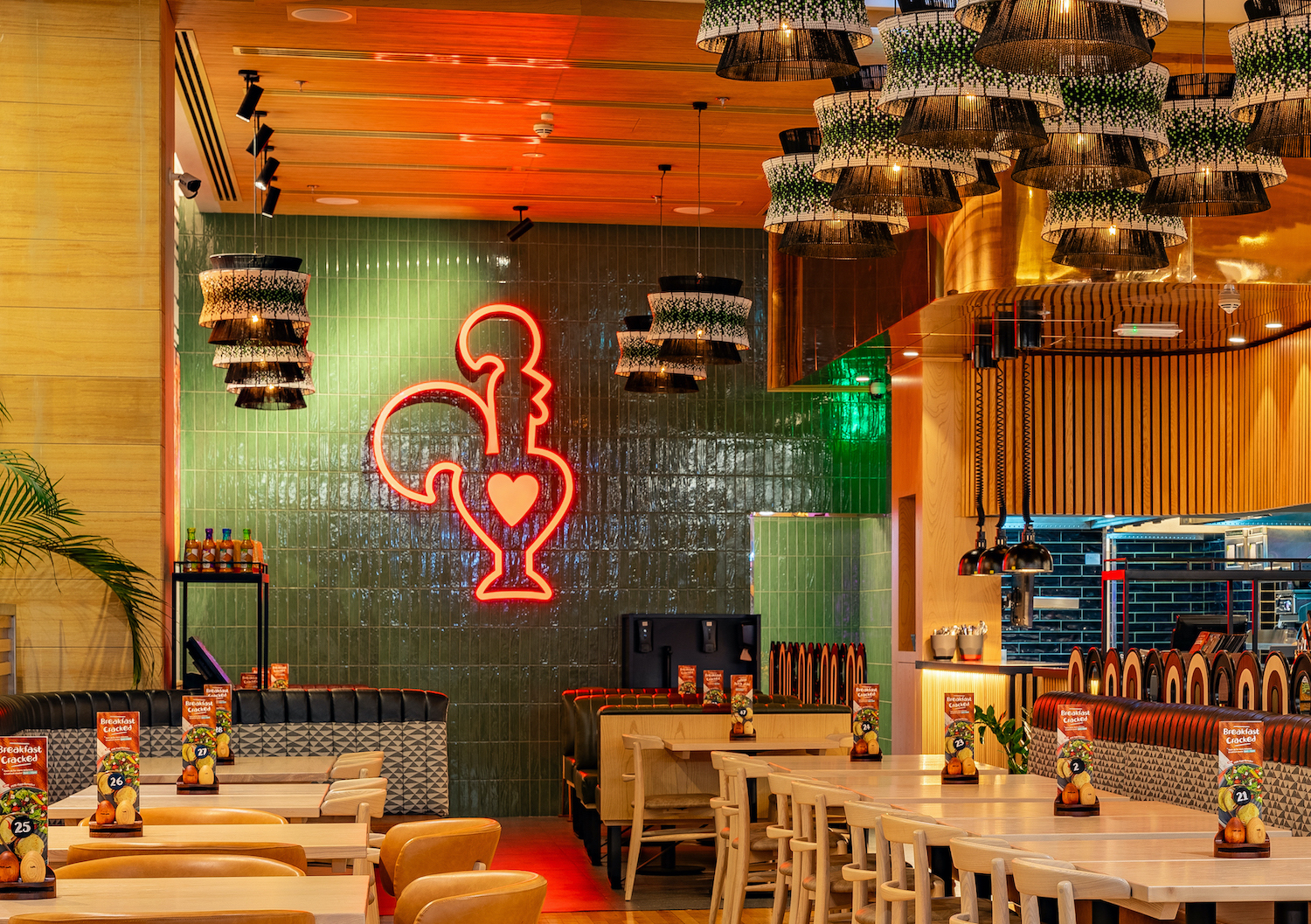
The UAE is home to tens of thousands of restaurants that serve cuisine from every corner of the world. Some tend to be more eclectic than others, with a keen focus on the experience of dining rather than the food itself.
In Ajman, restaurant goers can choose to dine like a viking, at Viking Ajman. The restaurant’s Instagram page promises a journey into the 9th century almost as often as it promises good food.
Themed dining experiences have been on the rise in the region, but does this concept extend to traditional grub hubs too? If so, how do these restaurants pick the right group of diners to market their signature experience to?
Campaign Middle East spoke with key personnel in the F&B industry across the country to find out.
“A signature culture is similar to a magnetic force, it draws customers in and keeps them coming back for more,” said Kimberley D’Souza, Founder and CEO of Brand Bistro, a PR agency that specialises in the F&B communications.
Designing a culture isn’t enough
Restaurants need to draw in the right clientele too.
George Kunnappally, Managing Director at Nando’s, said the Afro-Luso chicken experience was strategically tailored to resonate with diners in the UAE.
“At Nando’s UAE, we choose our target demographic based on detailed market research. We analyse consumer behaviour, preferences, and trends to identify those who resonate with our brand,” he said.
Kunnappally also explained that understanding the cultural values and culinary preferences of Emiratis and expatriates in the country drove the restaurant’s outreach strategies.
“Our focus is on young adults and families who appreciate quality dining experiences and are open to trying new cuisines. We cater to middle and upper-middle-class segments seeking premium yet affordable dining options and recognise the growing trend towards health-conscious eating,” he said.

Developing restaurants with a culture backed by insight
The same concept is adopted by The Stables. Nidhi Shetty, Head of Marketing at the British resto-pub, said, “This strategy emphasises relatability.”
She went on to explain that by prioritising friendly and personalised customer service, maintaining impeccable cleanliness standards and fostering a welcoming atmosphere is key to attracting and retaining customers, ensuring long-term success and a strong brand identity.
The Stables has used key market insights to develop its culture. “We observed a strong appreciation for live entertainment, which guided us to emphasise this aspect. Key insights from our research included understanding the psychology of British expats, fostering a sense of community among them, and offering tourists an authentic cultural experience.
We prioritised sourcing top-quality produce and chefs, creating a distinctly British atmosphere in Dubai. This approach has proven successful in retaining our target audience,” Shetty explained.

Keep it consistent
Creating a culture doesn’t end with a signature concept, instead, a strong core team that’s highly motivated helps to keep standards consistent.
Punjab Grill’s Gurbani Chanana said, “Encouraging a work-life balance, teamwork, and collaboration, as well as incentivising the team to maintain service standards and create an atmosphere that appeals to our guests, can lead to longer stays and repeat visits.”
Chanana also lends caution to jumping on what’s trending at the moment. “The restaurant industry is ever evolving and competitive, where trends change in the blink of an eye,” she said.
“Many times, we are also enticed towards doing something different and out of the box for our guests, but we need certain elements of our culture to remain constant without compromising on the brand values.
Our guests know what to expect each time they walk in. This familiarity is comforting and is a key reason why they choose us over others.”
Finally, D’Souza says maintaining a strong signature culture can be a determining factor in a restaurant’s success.
“In today’s fast paced and competitive environment, especially one as fierce as Dubai, once a restaurant is synonymous with a particular dish, atmosphere or experience, it becomes more than just a place to eat, it becomes a destination.
This memorable identity ensures the restaurant stays top-of-mind, making it a top choice when considering dining options,” she said.









